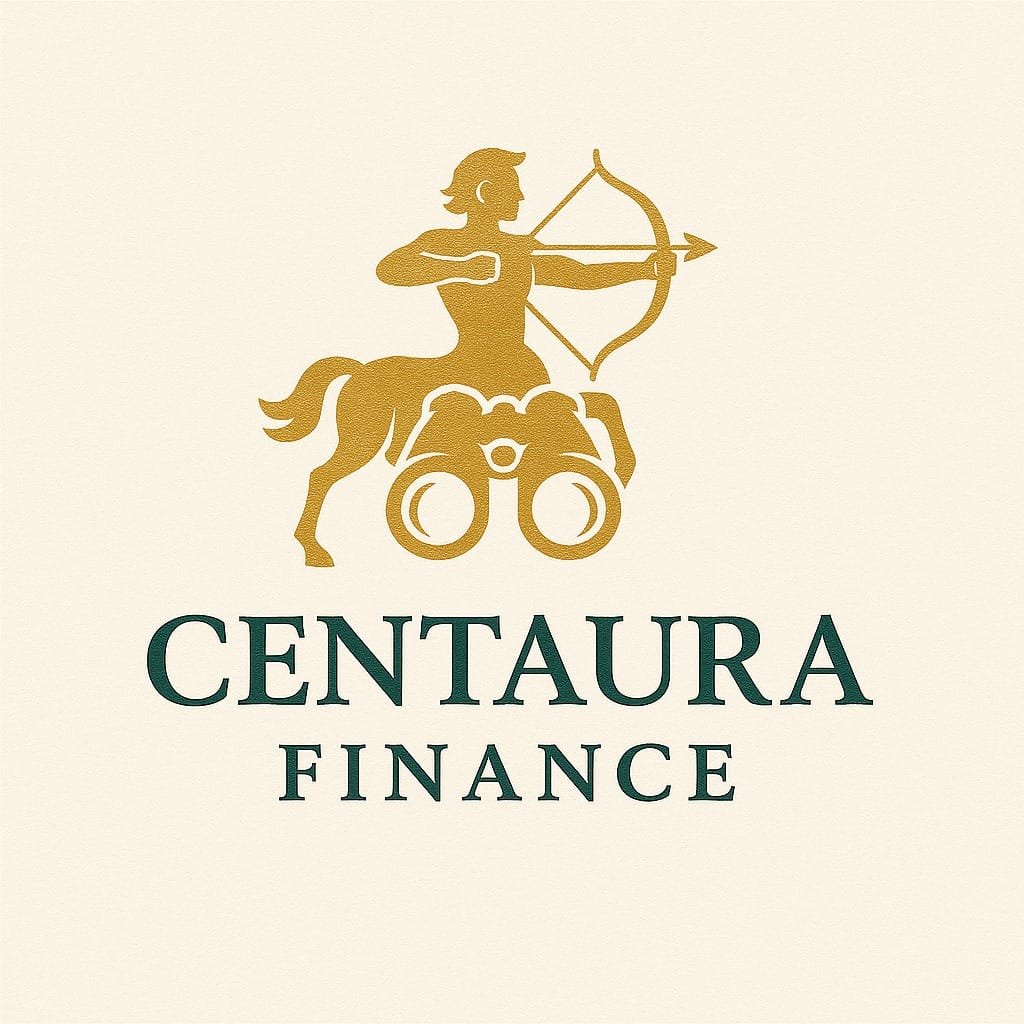Have you ever done a job, got paid two weeks later, and wondered how you were supposed to survive in between?
If you nodded, welcome to the gig economy. And if you’ve figured out how to make it work? Chances are, fintech had something to do with it.
In this article, we’re getting into how fintech is supporting the gig economy in 2025—not in abstract buzzwords, but in real, relatable ways. If you’ve ever juggled Uber driving, freelance design, or DoorDash shifts while figuring out how to budget an unpredictable income, this one’s for you.
What Is the Gig Economy?
Let’s start with the basics.
The gig economy is a labor market made up of short-term contracts or freelance work, as opposed to permanent jobs. Instead of a 9-to-5, workers earn money per task or “gig.” Think:
Rideshare drivers (Uber, Lyft)
Food delivery (DoorDash, Grubhub)
Freelancers (writers, designers, developers)
Online sellers and creators
Task-based workers (Handy, TaskRabbit)
In 2025, over 60 million Americans will be part of this economy in some form. It’s growing fast, and so are the financial challenges.
The Money Struggle Is Real
Let’s be honest—gig work can feel empowering, but it also comes with chaos.
Unpredictable income: You don’t always know what you’ll earn next week.
No paid time off: Sick days or vacations = zero pay.
No employer benefits: Health insurance, 401(k)? You’re on your own.
Delayed payments: Some platforms take days—even weeks—to send your money.
Banking barriers: Traditional banks often don’t “get” your financial lifestyle.
This is where fintech steps in. And for many gig workers, it’s not a luxury. It’s survival.
What Is Fintech?
Fintech, short for financial technology, refers to the tools, apps, and platforms that help you manage money using tech, usually through your phone.
Instead of going to a bank, you can:
Send money
Get loans
Save and invest
Track expenses
Receive payments
All through an app. Fast. Simple. And often, way more user-friendly than traditional banks.
How Fintech Is Supporting Gig Workers (With Real-Life Impact)
1. Faster Payments = Faster Relief
In the gig world, waiting to get paid can be brutal. Rent won’t wait. Groceries won’t wait.
Fintech apps like:
Stripe
Square
Payoneer
Cash App
Branch
Even
offer instant or same-day payouts. Instead of waiting for a week, gig workers can cash out earnings within hours, sometimes minutes.
Example:
Mike, a food delivery driver in Houston, uses Cash App to withdraw his DoorDash earnings instantly. “I can finish a shift and pay my light bill that same evening,” he says.
2. Banking Without the Banker
Traditional banks often see irregular income and gig work as “risky.” But fintech apps are built for this exact lifestyle.
Platforms like:
Chime
Varo
Oxygen
Albert
offer features like:
No monthly fees
No minimum balance
Direct deposit up to 2 days early
Spending insights and savings tools
You don’t need a formal job title. Just income.
Gig-friendly banking is now a thing—and it’s growing.
3. Credit Access Without a W-2
Need a loan but don’t have pay stubs? Gig workers often struggle with credit approval because they can’t prove stable income.
Some fintechs are fixing that.
TomoCredit and Self build credit using alternative data (like rent or streaming payments).
Lendtable offers upfront cash to match 401(k) contributions—even for self-employed folks.
Klover and Earnin offer small, no-interest cash advances based on your work hours or income patterns.
They don’t care about your boss. They care about your effort.
4. Budgeting Made for Chaos
When your income isn’t fixed, your budgeting shouldn’t be either.
Apps like:
YNAB (You Need a Budget)
Cleo
Monarch Money
Rocket Money
Help gig workers:
Track income from multiple platforms
Organize by categories (groceries, gas, bills)
Save a little from each deposit
Avoid overdrafts or surprise bills
Budgeting becomes a smart system instead of guesswork.
5. Insurance You Can Actually Afford
Gig workers don’t get employer benefits. But some fintech platforms are now bundling:
Health insurance
Accident insurance
Disability coverage
Life insurance
Apps like:
Stride Health
Gigly
Catch
Let you choose and manage coverage affordably, even if you work five different gigs.
No paperwork nightmares. Just swipe, tap, and go.
6. Saving and Investing with $1
You don’t need big bucks to start building a financial cushion.
With fintech tools like:
Acorns
Stash
Greenlight (for parents who gig and want to teach kids, too)
Digit
You can:
Save small amounts automatically
Round up spare change into savings
Invest in ETFs and stocks based on your goals
Set aside money for taxes or emergencies
No financial background needed. The app walks you through it.
7. Taxes Don’t Have to Suck
Self-employed taxes are confusing. Fintech makes it easier.
Apps like:
QuickBooks Self-Employed
Keeper
Hurdlr
TurboTax for gig workers
track your mileage, calculate estimated taxes, and flag deductible expenses. Some even connect with Uber, Instacart, or Etsy automatically.
You keep more of your money—and stay out of IRS trouble.
8. Building Financial Identity Without a Traditional Job
Having a digital financial footprint matters. Some fintech platforms let gig workers build:
Credit history
Savings habits
Income consistency
This makes it easier to:
Rent apartments
Get loans
Qualify for car payments
Buy a home
And it’s done without needing an office job or an HR department.
The Bigger Picture: Empowerment Through Inclusion
For many Americans, the gig economy isn’t a side hustle—it’s the main hustle. And fintech is finally meeting people where they are.
Let’s not sugarcoat it: gig work can be hard, isolating, and stressful. But when fintech does its job right, it gives workers:
Dignity (“I can control my money.”)
Stability (“I can plan ahead, even without a fixed paycheck.”)
Progress (“I’m building something—bit by bit.”)
Financial inclusion is more than buzzwords. It’s how people get through the month. Feed their families. Save for dreams. And sleep better at night.
What’s Coming Next?
Looking ahead, here’s how fintech will likely evolve for the gig economy:
Smart tax planning built into banking apps
AI-powered budgeting based on gig patterns
Group benefits for freelancers in communities
Micro-mortgages based on gig history, not W-2s
Real-time credit building with gig payments as proof
In short, fintech won’t just support the gig economy—it will normalize it as a mainstream way to live and work.
Final Thoughts: You Deserve a System That Works for You
If you’ve ever sat there wondering how to pay rent after a slow week—or stressed over taxes you don’t fully understand—you’re not alone.
The gig economy isn’t easy. But it’s real, and it’s growing. You shouldn’t have to build your life around outdated financial systems.
Thanks to fintech, you don’t have to.
In 2025, your money can move as fast as your hustle. You need the right tools. And now, they’re finally here.


